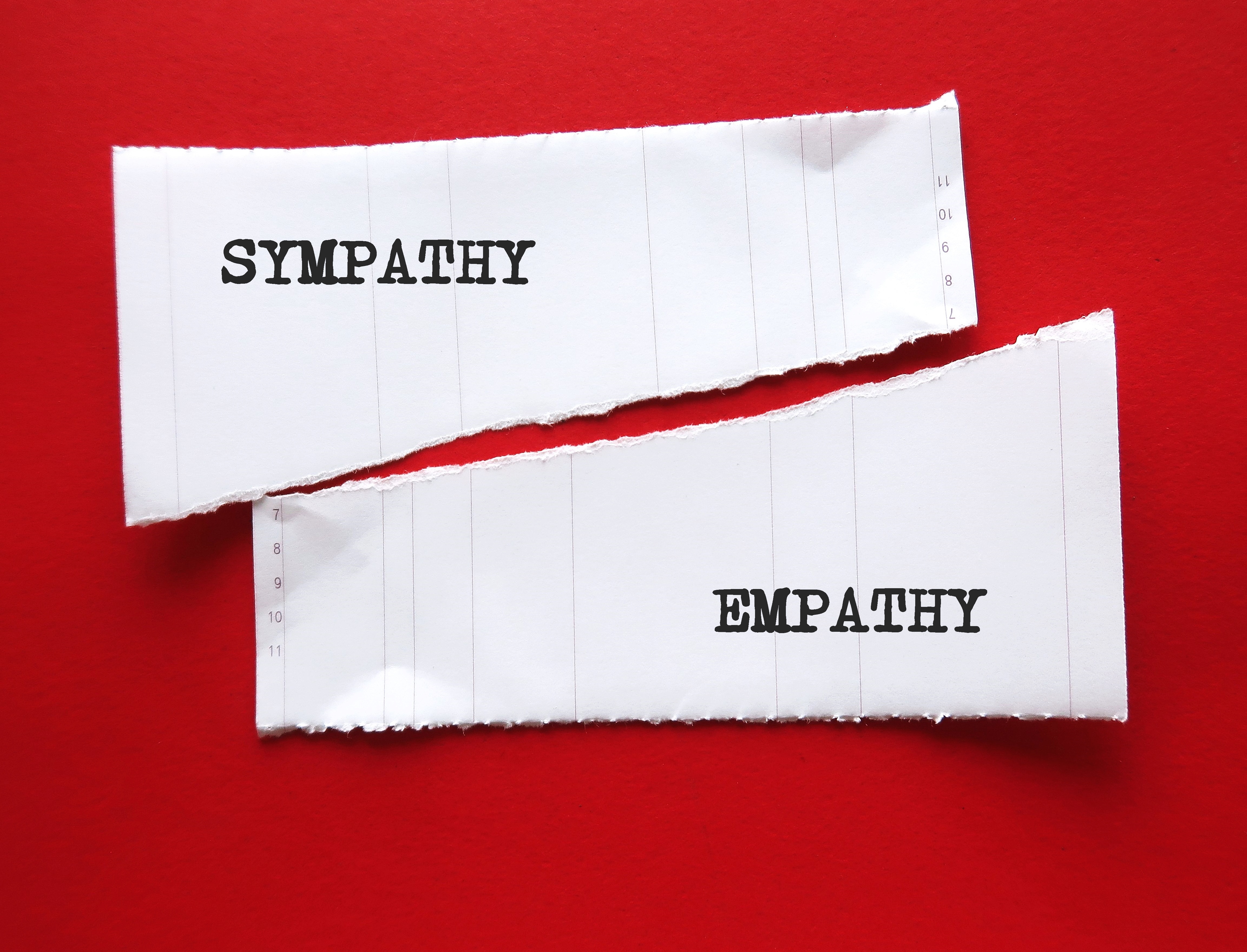Building Blocks for Addressing the Dementia Crisis: Collaborative Solutions and Initiatives
The rising incidence of dementia and its toll on families is one piece of a significant domino effect on public health. As a caregiver for both my parents affected by dementia, I can say firsthand that there are no words to describe the emotional and physical price of this journey. I want to explore the broader crisis we face: the cost to our communities, public health, health systems, and the stakeholders who are all invested in this space.
First, let's face the reality: the looming aging tsunami, as it has been referred to for decades, is here. It is no longer a futuristic term. With this in mind, planning is accelerating into action at the federal, state, and local levels.







